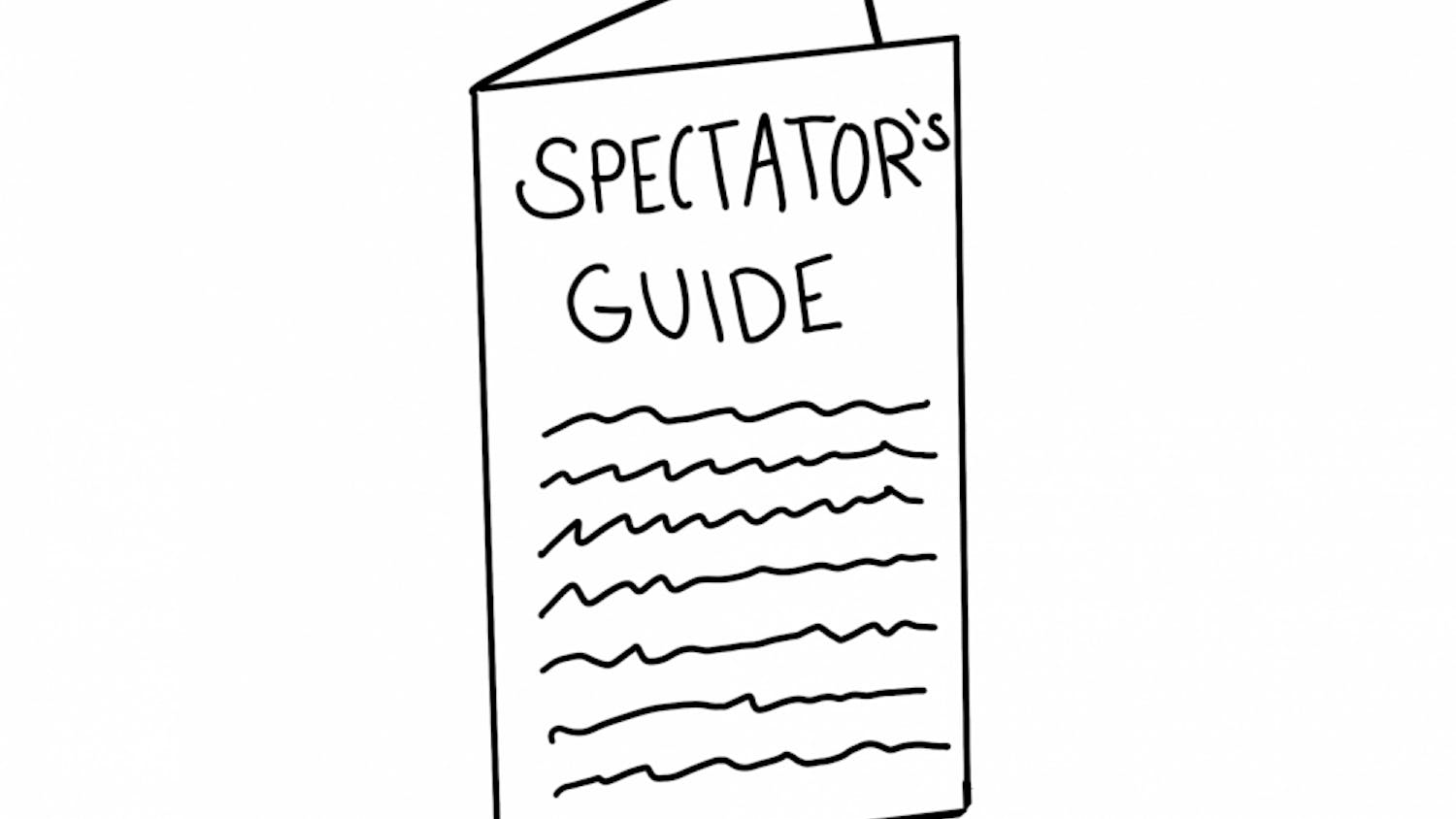This fourth section of the Plan includes eight initiatives, which are designed to address barriers to accessibility in the built environment, academic settings and technology or online systems. Though none of the strategies are slated for completion in 2021, work on many of them has already begun. And, as Chief Diversity Officer Miguel Fernández explained, some of the strategies will never truly reach completion since they introduce what he hopes will be ongoing principles and processes regarding accessibility.
“The whole action plan is about removing barriers,” Fernández said. “A student shouldn’t have to go through a lot more steps and barriers to get the same education as someone else.”
Physical accessibility
The physical aspects of Middlebury — its sprawling 350-acre campus, rolling hills and historical buildings — can prove challenging for some students with physical disabilities to navigate.
Several initiatives in the plan are aimed at identifying and addressing accessibility issues in the physical campus environment. The principles proposed in Strategy #7 — which introduce more inclusive construction and renovation protocol — have already been implemented to some degree in many of the college’s most recent construction projects, according to Fernández.
In 2016, the college formed the Advisory Group on Disability, Access and Inclusion (AGDAI) — a committee of faculty, staff and students formed after conflict regarding the construction of the Ridgeline Suites, some of which are not accessible up to the third floor. AGDAI is one of the responsible units listed for a number of the Accessibility section initiatives, including Strategy #7.
Fernández, who sits as co-chair of the body along with Professor of American Studies Susan Burch, said part of the group’s responsibility is to assess accessibility issues in the built environment. The group has advocated for college building projects to incorporate universal design, the practice of making a space accessible to all beyond Americans with Disabilities Act (ADA) compliance. AGDAI called for universal design in the renovations of Warner Hall, which the Board of Trustees reapproved this January, and Munroe Hall, which underwent renovations last academic year.
But, despite the push for universal design, not every entrance in Munroe Hall is accessible for all — the west entrance of the building has a step up to the door. AGDAI was not involved in the early part of the planning process for the Munroe renovation, Fernández explained.
“We were able to make some tweaks but maybe didn’t get everything that we had hoped,” he said.
Going forward, however, the college does plan to fully incorporate universal design. This fall, Middlebury is planning to break ground on a new dorm on the north end of Battell Beach and has hired a consultant who specializes in universal design to advise the process, according to Fernández. Dana Auditorium, which is scheduled to be renovated beginning in August, will also incorporate universal design, according to a February recap of the January Board of Trustees meeting.
Work on the other three strategies that address issues of accessibility in the built environment — a publicly available campus map with detailed accessibility information, a timeline for tackling barriers and a platform for reporting barriers — has not begun.
Regarding the timeline for addressing barriers, Fernández said that Facilities Services asked that they reconsider the strategy given the immense amount of time and resources it would require to produce. Instead Facilities proposed a project-based model. Mike Moser, director of Facilities Services and member of AGDAI, did not respond to interview requests for this article.
Fernández said he expects the timeline for the campus map, currently 2021–22, will need to be pushed back. As for the system for reporting accessibility barriers, he said they are still ironing out the details for how reports would be addressed.
Inclusive technology and web-based electronic systems
Work has already begun on the third and fourth strategies, which address accessibility in academic technology and online systems. The pandemic sped up the college’s plans to make changes to academic and classroom technology, according to Fernández. Some software and technology for remote study such as Zoom has already been purchased and implemented to facilitate education during the pandemic. Fernández also mentioned the possibility of rewiring classrooms such that they include a microphone or speakers.
Information Technology Services is currently developing a roadmap and public education materials to explain changes to Middlebury’s web-based electronic systems, which they expect will be completed by the fall.
The college is currently engaged in a review of Information and Communication Technology through the Paciello Group, a web accessibility consulting group.
“In the short term (this fiscal year) they will be helping us understand our current position, conducting a gap analysis, and drafting a roadmap which will include policy recommendations,” Fernández said. “Part of this project will also be the creation of a public information hub for technology accessibility, training, and a communication plan.”
Exam scheduling and extra time
Work on the second initiative in the accessibility section, which is designed to address difficulties in scheduling exams with extra time or make-up exams, is scheduled to occur from 2021–22.
Students have noted that professors sometimes have the ability to deny certain accommodations. In an earlier article, Isaac Byrne ’21, who runs the Divergent Learners Collective (DLC), said that a member of the DLC was denied accommodations due to old paperwork. For some kinds of accommodations, it is up to professors to decide whether or not to comply with them.
Isabel Linhares ’22, a Social Entrepreneurship Fellow working on a project about accessibility in STEM education, said that the Disability Resource Center makes some of the accommodations included in students’ Letters of Accommodation optional, leaving them up to each professor’s discretion.
“I've had conversations with the Disability Resource Center about why they're making certain aspects in accessibility optional because then that treats it as a favor and not a human right,” Linhares said.
Linhares noted that ADA requires that reasonable accommodations be provided to disabled students, leaving the definition of “reasonable” up to individual institutions and their members.
The DRC did not respond to interview questions by publication time.
Resources and workshops
According to the plan, Director of Education for Equity and Inclusion Renee Wells will design and offer workshops around how to organize accessible events beginning next year. However, these workshops have already begun, according to Fernández, and other offices such as the Center for Teaching, Learning, and Research (CTLR) and Digital Learning & Inquiry (DLINQ) have also started work in this area.
Wells runs the Inclusive Practitioners Program, which provides workshops for faculty and staff.
“About 75% of what I do is people asking me specifically to do things with and for them,” she said. “And then the other 25% is the Inclusive Practitioners Program, which I set up and offer workshops for faculty and staff all the time.”
In April and May, the program offered workshops that addressed best practices for administering exams and the use of a variety of tools to assess student learning outcomes.
Maintaining momentum
Much of what the college’s plan addresses are concrete solutions to specific issues that students and employees face during their time at Middlebury. But what some are looking for is a broader cultural shift in the way disability is perceived and treated. Linhares said she feels that some of the people with the ability to implement change still view disability through the lens of the medical model rather than the social model — which proposes that disability occurs due to the interaction between individuals and their environment.
Linhares noted that tangible changes are still immediately necessary, but worries that there is not enough emphasis on changing the way people perceive disability, and that momentum will fizzle out without a deeper understanding of and sense of responsibility for solving systemic and structural accessibility issues.
“At some point you’re going to have to start thinking not even, ‘outside the box,’ but, ‘get rid of the box altogether,’” Linhares said. “You’re going to have to dig up the foundations and build something entirely new because the way that higher education as a whole was designed — it was not designed with disabled students in mind.”

Abigail Chang ’23 (she/her) is the Editor in Chief.
She previously served as a managing editor, Senior News Editor, News Editor and co-host of The Campus' weekly news radio show.
Chang is majoring in English and minoring in linguistics. She is a member of the Media Portrayals of Minorities Project, a Middlebury lab that uses computer-assisted and human coding techniques to analyze bulk newspaper data.
Throughout last year, Chang worked on source diversity and content audits for different media properties as an intern for Impact Architects LLC. Chang spent summer 2021 in Vermont, working as a general assignment reporter for statewide digital newspaper VTDigger. Chang is also a member of the Middlebury Paradiddles, an a cappella group.



